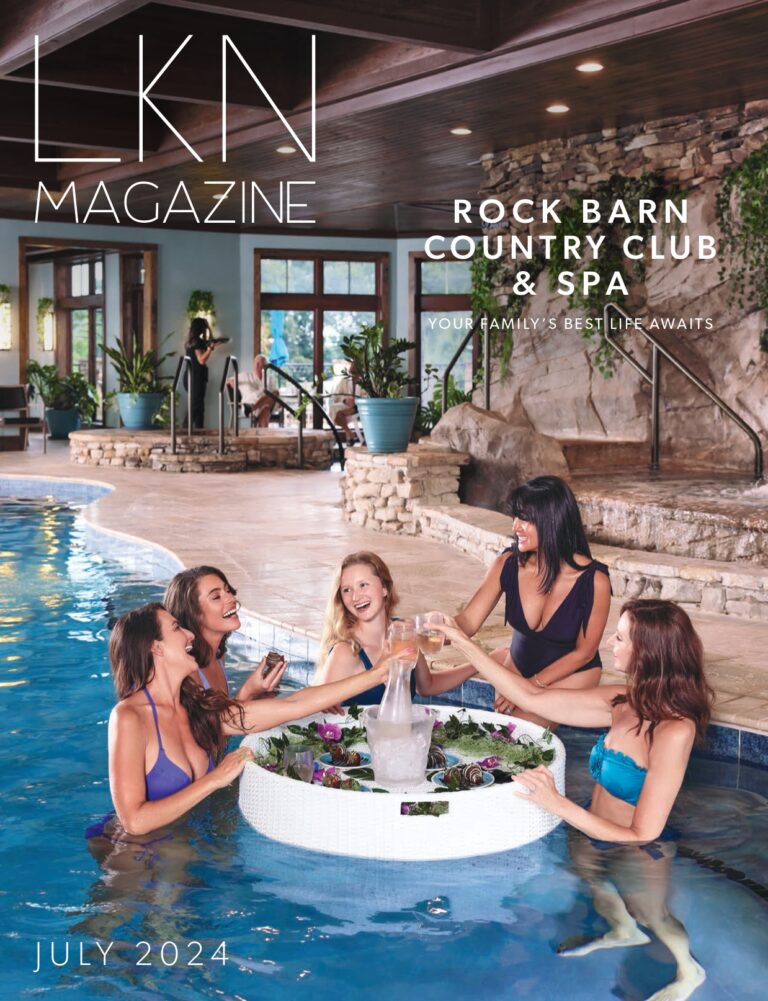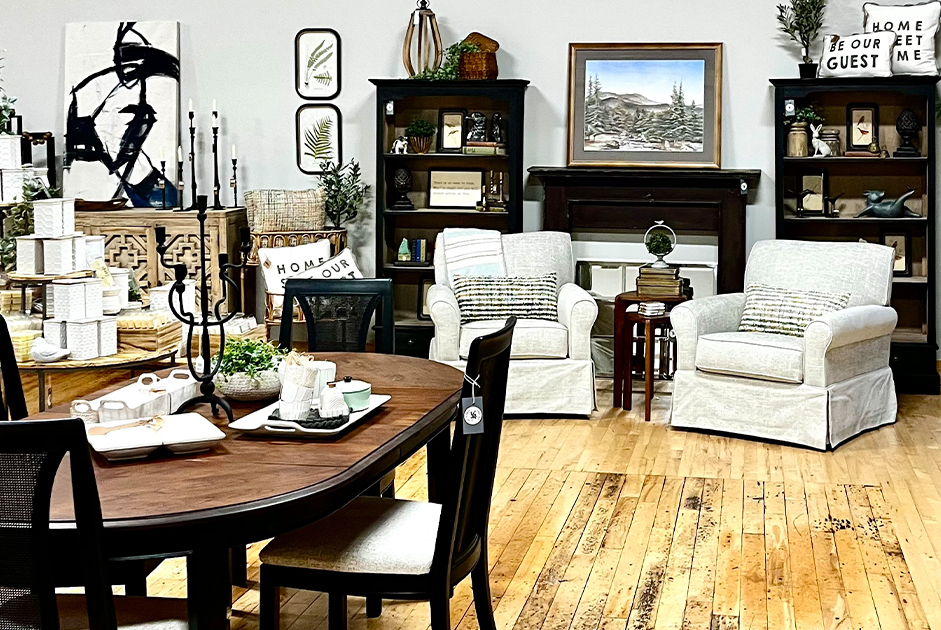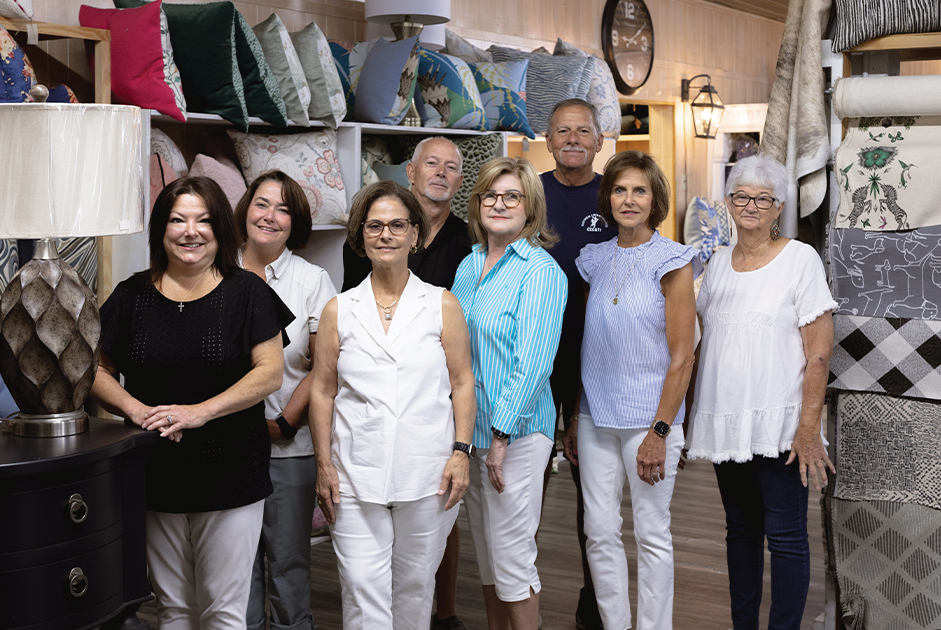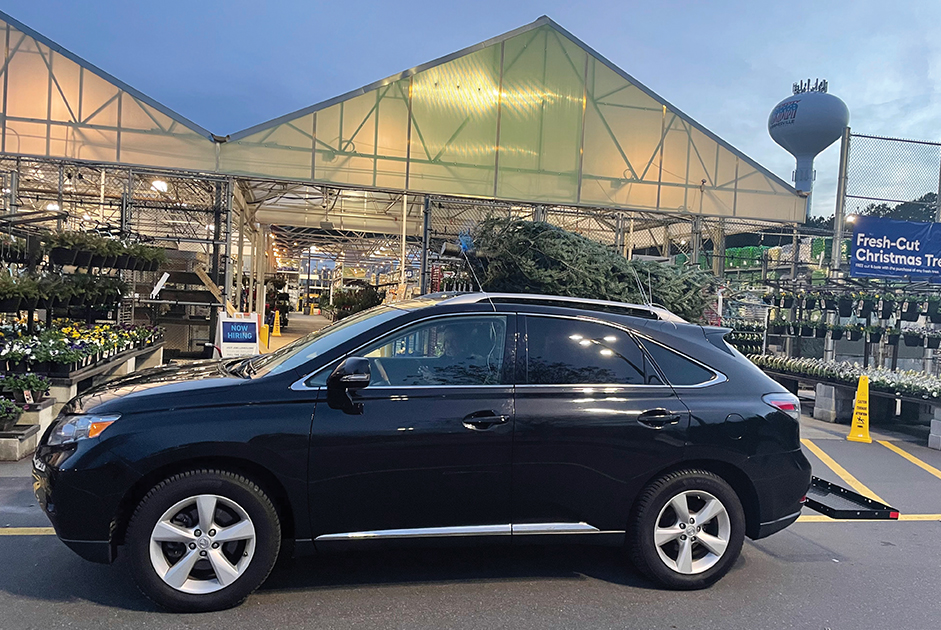by QUINN BARKER
In our daily lives, we often encounter minor annoyances that, while seemingly insignificant, can irk us to no end. From small grammar mistakes to questionable etiquette, these pet peeves have a way of getting under our skin. In this article, we’ll delve into one particular language-related annoyance – the infamous two spaces after a period myth – and explore other common personal annoyances that many of us can relate to.
The Two Spaces After a Period Myth
For decades, a hotly debated grammar rule suggested that two spaces should follow a period at the end of a sentence. This notion originated from typewriter-era conventions, where monospaced fonts created a visual imbalance between the narrow “i” and the wider “m.” The extra space was meant to improve readability.
However, modern typography and proportional fonts have rendered this practice obsolete. Typographical guidelines now advocate for a single space after a period, creating a more visually balanced and streamlined appearance. Despite this, some individuals still adhere to the outdated rule, leading to confusion and annoyance among those accustomed to the contemporary standard.
Mixing Up “Your” and “You’re”
One of the most common grammatical errors that often sparks irritation is the incorrect usage of “your” and “you’re.” The distinction is simple: “your” indicates possession, while “you’re” is a contraction of “you are.” However, the two are frequently interchanged, leading to eye-rolling and frustration among grammar enthusiasts.
Misusing “There,” “Their,” and “They’re”
Similar to the “your” and “you’re” mix-up, the misuse of “there,” “their,” and “they’re” is another pet peeve that frequently crops up. Each term serves a different grammatical function: “there” refers to a place or location, “their” denotes possession, and “they’re” is a contraction of “they are.” These distinctions are essential for clear and precise communication, making their improper use a source of annoyance for language enthusiasts.
Excessive Abbreviations in Texting and Emails
In our fast-paced digital world, texting and email have become primary modes of communication. However, the increasing use of excessive abbreviations, acronyms, and Internet slang can be annoying, especially for individuals who prefer a more formal and professional tone in written correspondence. While some shorthand is acceptable in casual conversations, overuse can lead to misinterpretations and confusion.
Mispronunciations and Vocal Filler Words
Mispronunciations and vocal filler words can be grating for many people. Common vocal fillers like “um,” “uh,” “like,” and “you know” can disrupt the flow of conversation and distract listeners from the intended message. Similarly, consistently mispronouncing words can be jarring, especially for those who value clear articulation and proper enunciation.
Loud Phone Conversations in Public Spaces
Public spaces should be zones of tranquility for everyone, but the constant chatter of loud phone conversations can be incredibly annoying. Whether on public transportation, in cafes, or waiting rooms, individuals engaged in booming phone conversations can disrupt the peace and cause frustration among those around them.
In our interactions and communications, small annoyances can accumulate, affecting our mood and perception of others. From the outdated two spaces after a period myth to common grammar errors, mispronunciations, excessive abbreviations, and loud phone conversations in public, personal annoyances are an inevitable part of daily life.
To foster better communication and understanding, it’s essential to recognize and address these annoyances with empathy and patience. While we may not be able to control how others communicate, we can control our own reactions and strive to be mindful of the preferences and sensibilities of those around us. By acknowledging these pet peeves and seeking ways to bridge communication gaps, we can create a more harmonious and respectful environment for everyone.



















